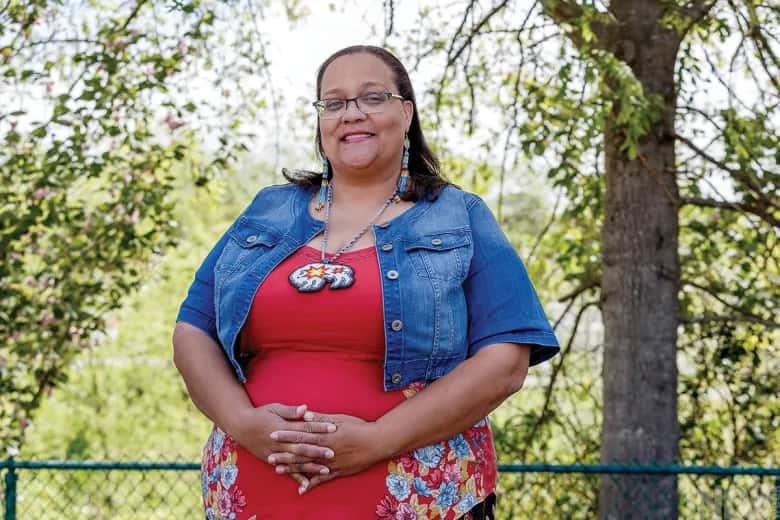
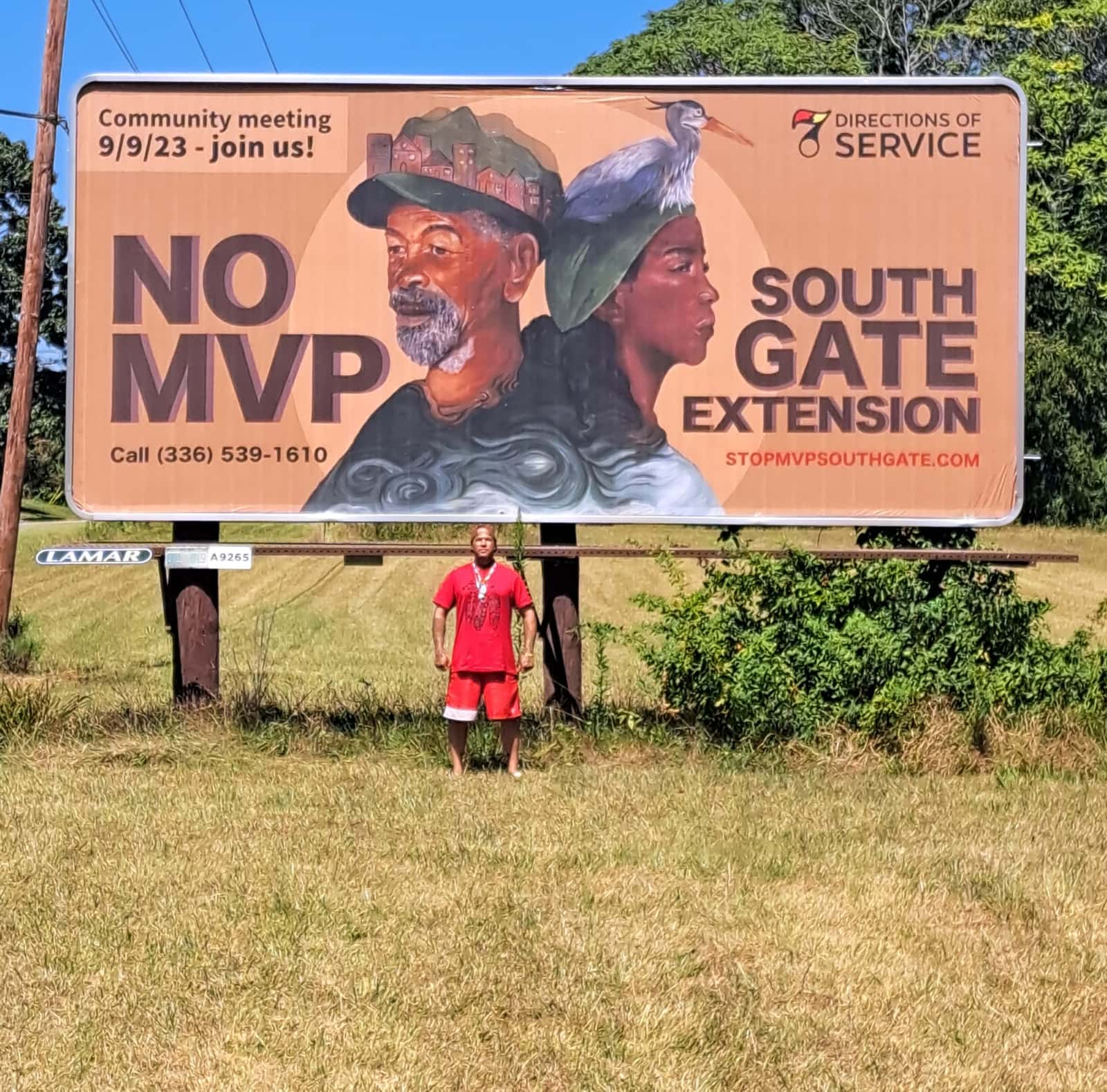
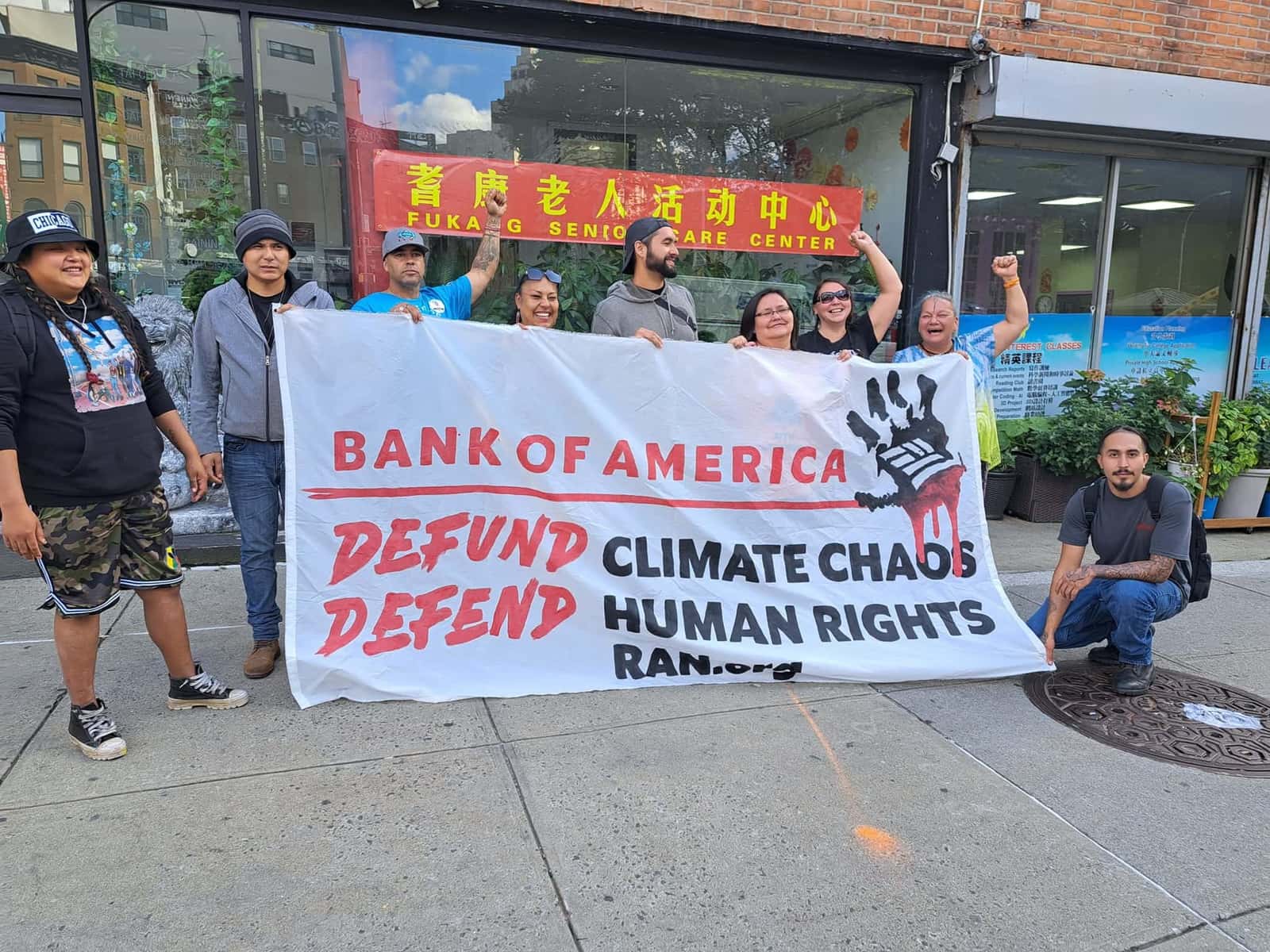

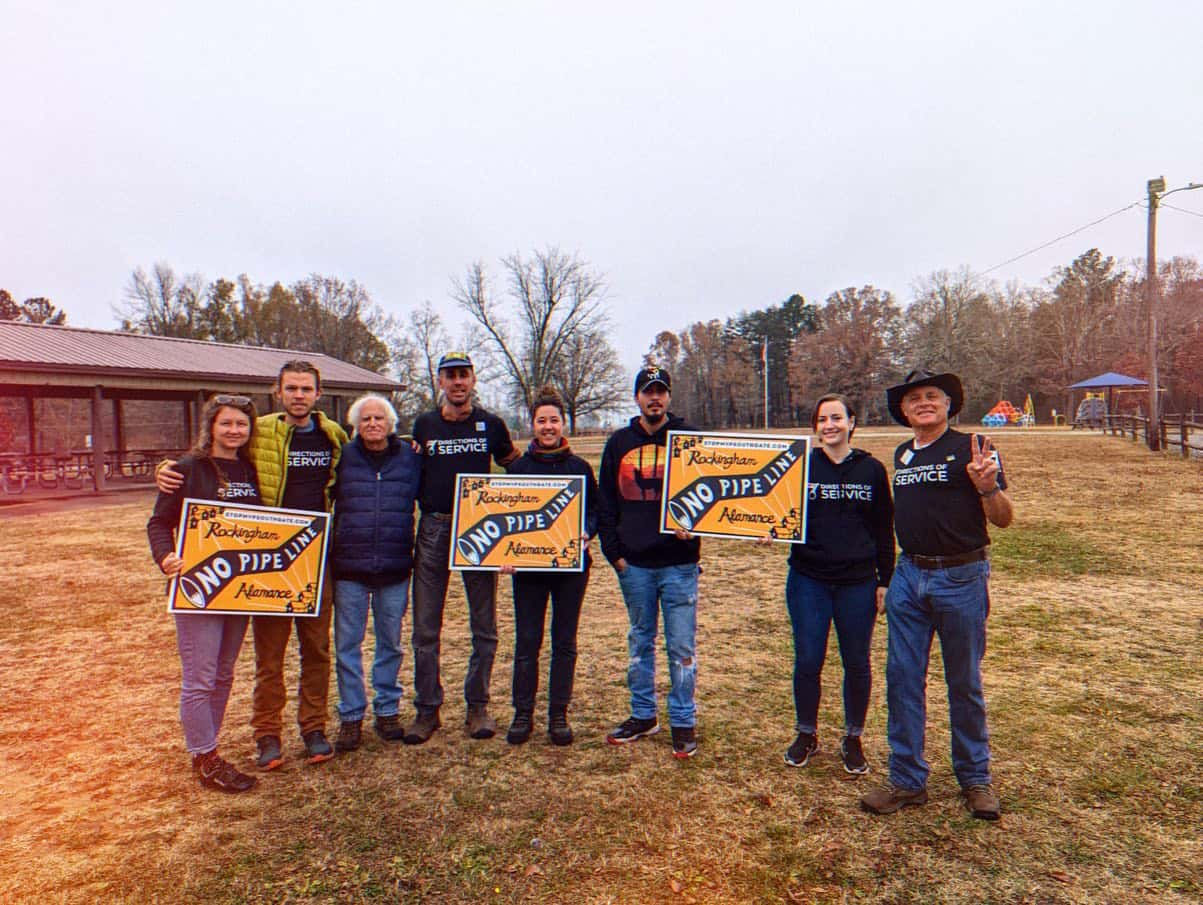
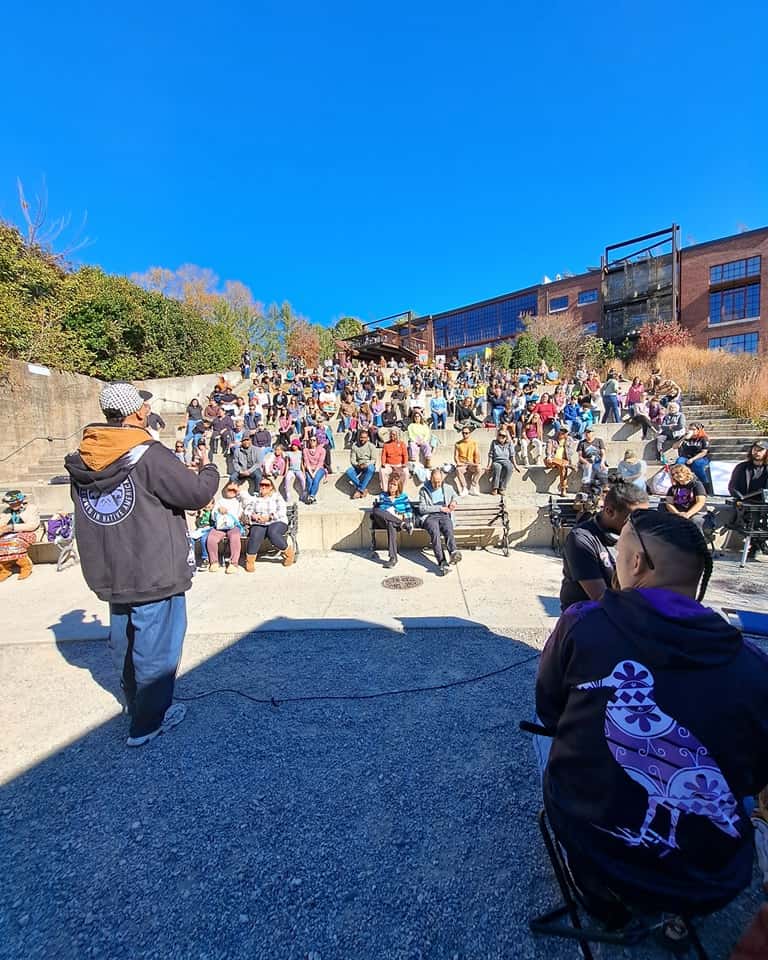
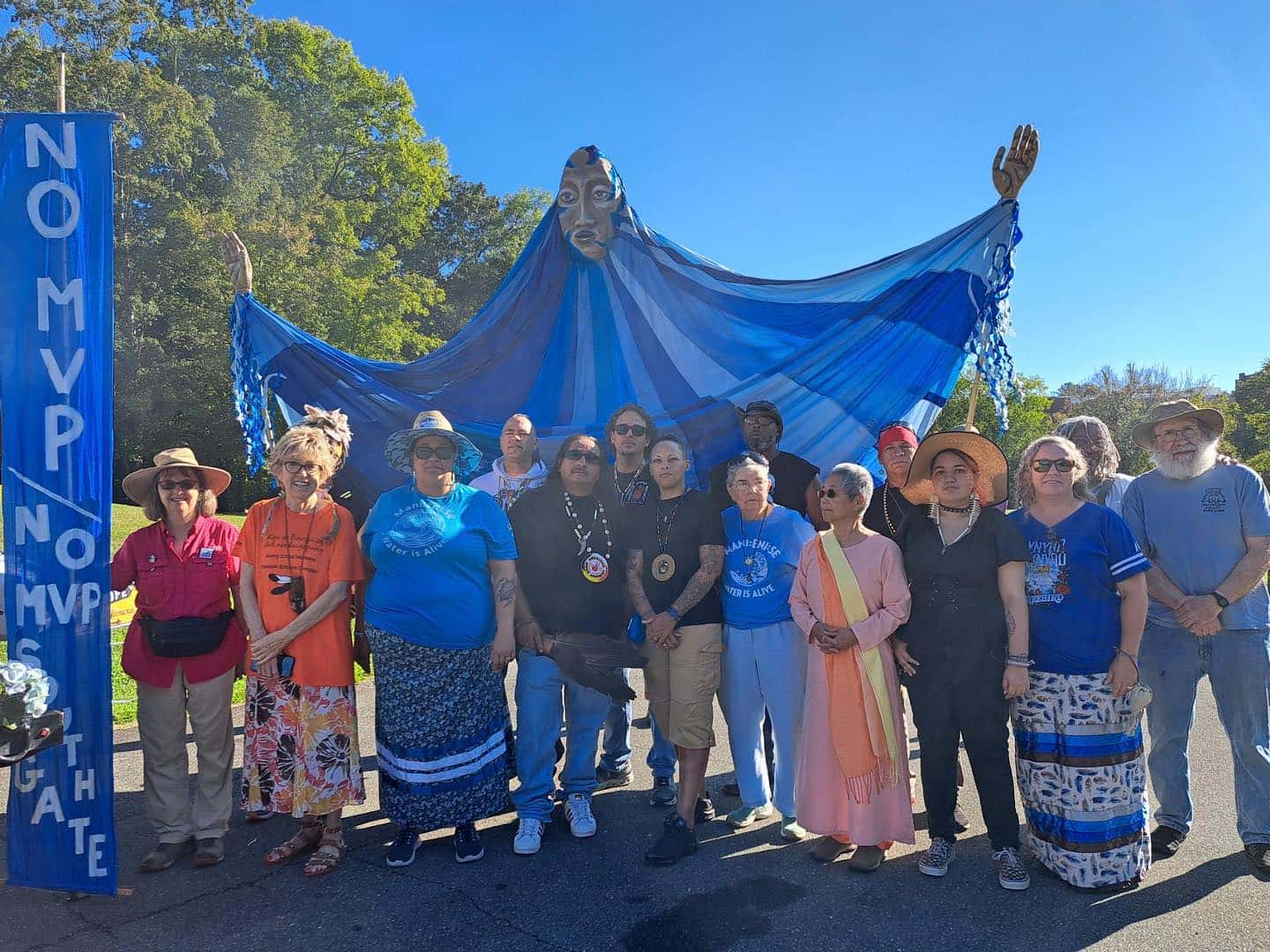
7 Directions of Service
Haw River, NC
In 2021, Climate Nexus launched an Energy Equity Regranting Project to help resource organizations, tribes, and community leaders on the frontlines of climate change and the impactful work they are doing to fight the gas industry. The energy equity transition grants prioritize grassroots groups with an annual budget of $1 million or less to boost their efforts in racially, ethnically, gender, and culturally diverse communities across the United States and at the intersections of public health and energy justice.
In our second year running the program, 11 organizations received grants ranging from $20,000 to $40,000, including 7 Directions of Service, whose work is detailed below.
Overview
Founded on Occaneechi-Saponi lands, the rural Piedmont region of North Carolina, 7 Directions of Service works to give a voice to “those who are voiceless,” as Director Crystal Cavalier puts it, “in the fight against climate change.” Their main calls to action are canceling the Mountain Valley Pipeline (MVP) and its Southgate Extension and advancing the Rights of Nature laws and policies. Within their community work, they have teachings for each of the Seven Directions: children, women, men, elders, the earth, the sky, and then the symbolic within – you.
Activities
Rights of Nature Campaign
7 Directions of Service is committed to the Rights of Nature laws, an approach to conservation law rooted in Indigenous values that recognizes ecosystems and the human and natural communities that depend on them as having legally enforceable rights to exist, regenerate, flourish and be free from pollution.
- Haw River Assembly
- 7 Directions of Service led a canoe and kayak excursion down the Dan River to bring awareness and understanding to participants of how the river reacts to our behavior. 7 Directions’ goal is to change people’s mindset, so instead of seeing themselves as separate from nature, they begin to see that they are in the dominion of nature and that they are nature.
- The News & Observer covered 7 Direction’s totem pole prayer, helping spread the message of their teachings to a broader audience in North Carolina.
Mountain Valley Pipeline
In January, 7 Directions erected billboards in Virginia and North Carolina to educate people about their work against the South Gate expansion of the Mountain Valley Pipeline. 7 Directions of Service is also producing a documentary with a student from UNC Chapel Hill, called Speaks to the Media that will highlight Afro-Indigenous couples who are at risk of losing land to the pipeline. The documentary draws attention to how inequity in legal representation leaves Black and Indigenous communities more vulnerable to having their land taken by the fossil fuel industry. The couples featured in the documentary have not signed any easements and they don’t have attorneys, unlike most of the white property owners who have attorneys. 7 Directions of Service is also working to help the couples find affordable attorneys, so these couples can keep land which has been in their families for generations.
Lessons Learned
Crystal Cavalier, Co-Founder and Director of 7 Directions of Service, said, “One of the key lessons I learned is that you have to speak up and advocate for your organization, but you also have to be actively involved and get community buy-in. And you can’t let up. You actively have to keep working those relationships with people.
“I’ve also learned that there are a lot of corporations that have created funds to cover up the dirty things that they’re doing in the communities. And so we have to actively watch out for that because we’ve seen many people like ExxonMobil come in and sponsor events. But they’re continuously stealing and doing dirty things to the community. So now we’re starting to question where does the money come from? You know, talking to people about the money that you’re putting into this bank is funding these pipelines. I keep telling people you have to hit them in their pocketbooks. I’m actively going to go into Bank of America to withdraw all my money and capture it on film, and take it to a local bank that does not support pipelines or extractive industries. I make that statement because until people see that, they won’t change.”
Future and Sustainability
7 Directions of Service is planning to build a small greenhouse powered by a windmill to grow food hydroponically year-round. In addition to enabling people to harvest food year-round, another key benefit of a greenhouse is that it is covered, protecting plants and crops inside from compressor station pollution.
Crystal said, “Because I really feel that people are so busy trying to make ends meet they don’t have the money to pay rent or their mortgage or even keep food on the table. So we have to be able to provide our community with sustenance so they can be healthy but also help them just survive. And I mean, we only see the gap widening between people just getting poorer versus people getting more wealthy. We’re just trying to bring back more of a community focus and say, ‘You’re not alone.’”
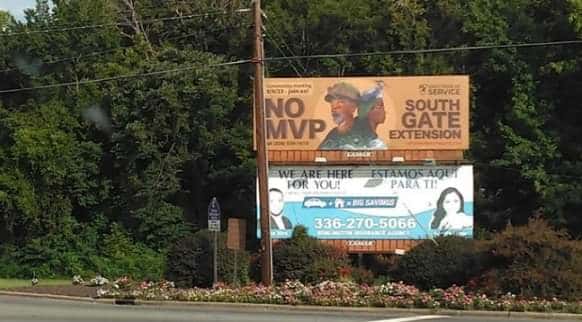





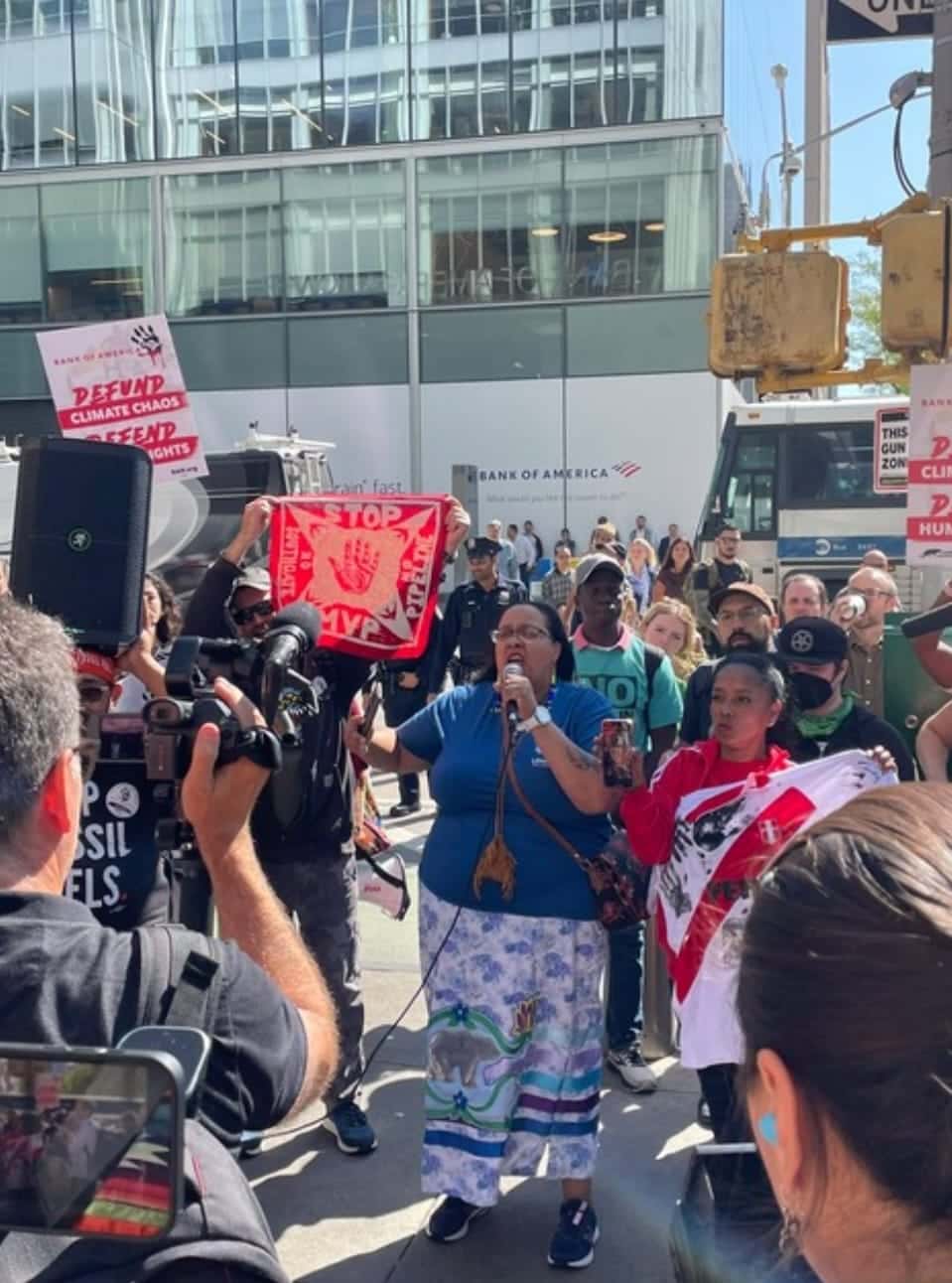


Filter Grantees by Year:
-
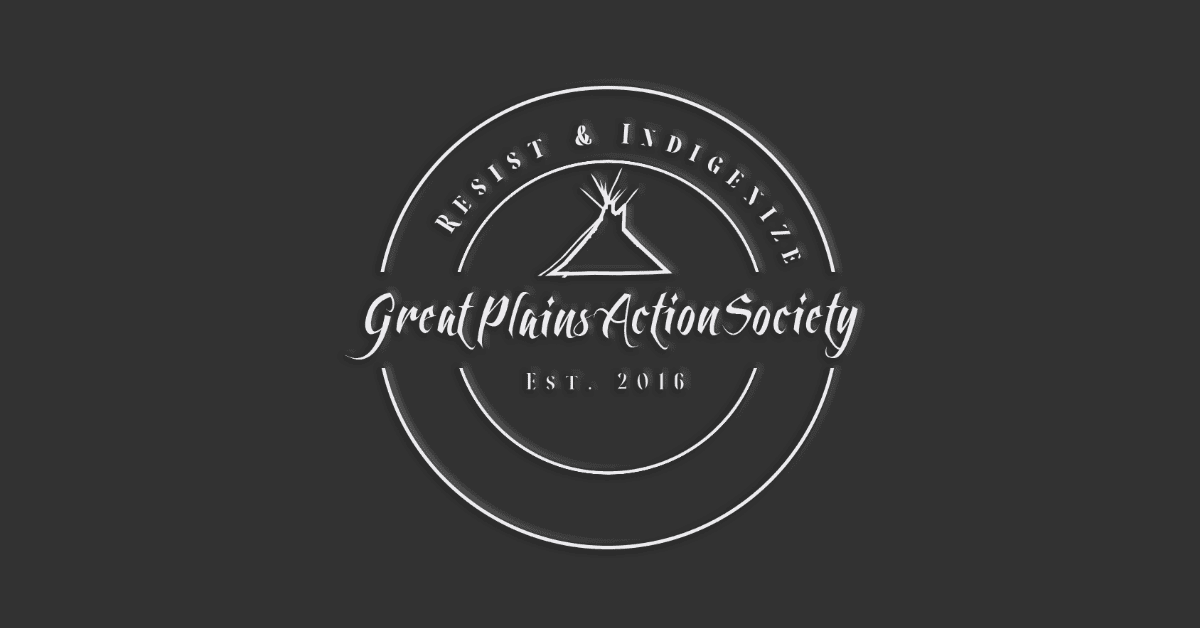
Great Plains Action Society
Great Plains Action Society addresses the trauma that Indigenous Peoples and the Earth face from colonial capitalism and works to prevent further violence.
-
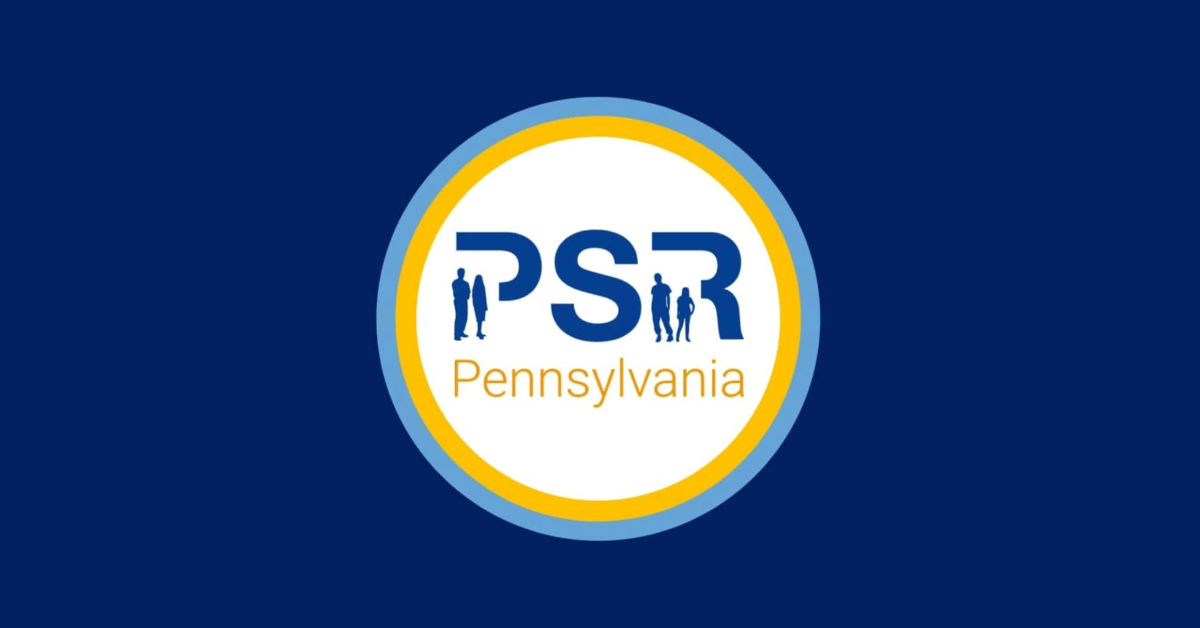
Physicians for Social Responsibility Pennsylvania
Physicians for Social Responsibility Pennsylvania has spent the past decade educating Pennsylvanians on the health dangers of the gas industry.
-

7 Directions of Service
7 Directions of Service is fighting to cancel the Mountain Valley Pipeline’s Southgate Extension and to advance Rights of Nature laws.
-
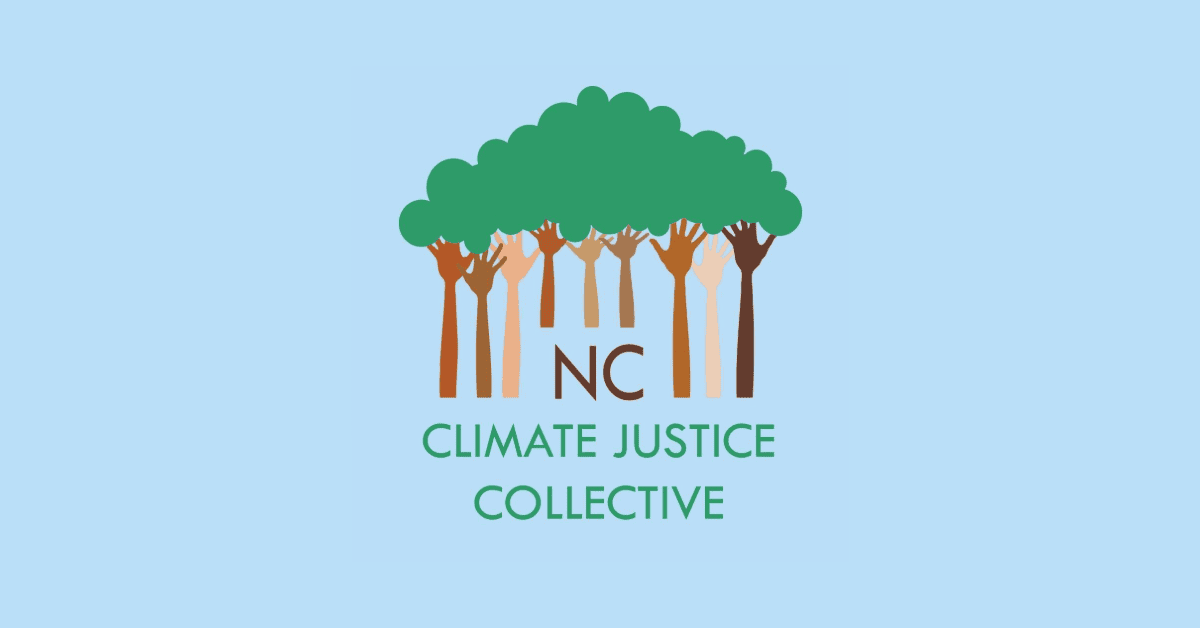
North Carolina Climate Justice Collective
NCCJC uses an intersectional approach to address environmental issues that directly impact North Carolinians living on the frontlines of extractive industries.
-

South Carolina Interfaith Power and Light
SCIPL develops programming and resources around food insecurity, high energy bills, electric vehicle infrastructure, and resilience hubs.
-
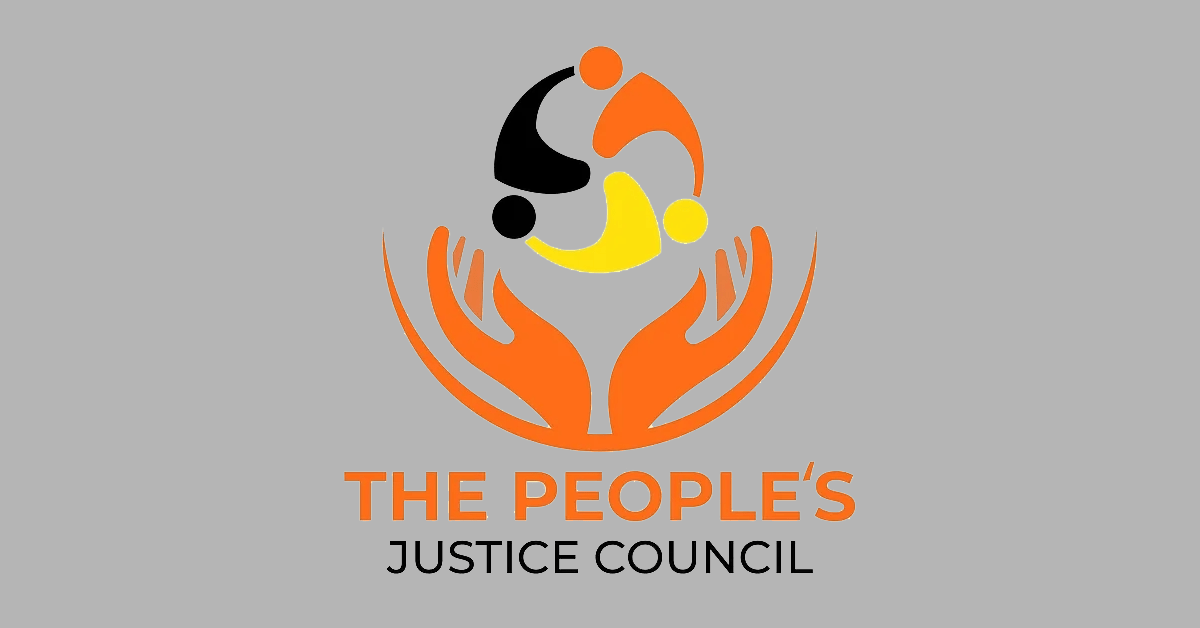
The People’s Justice Council
The People’s Justice Council is led by pastors, community organizers, and working professionals to create an equitable, sustainable, and just world.
-
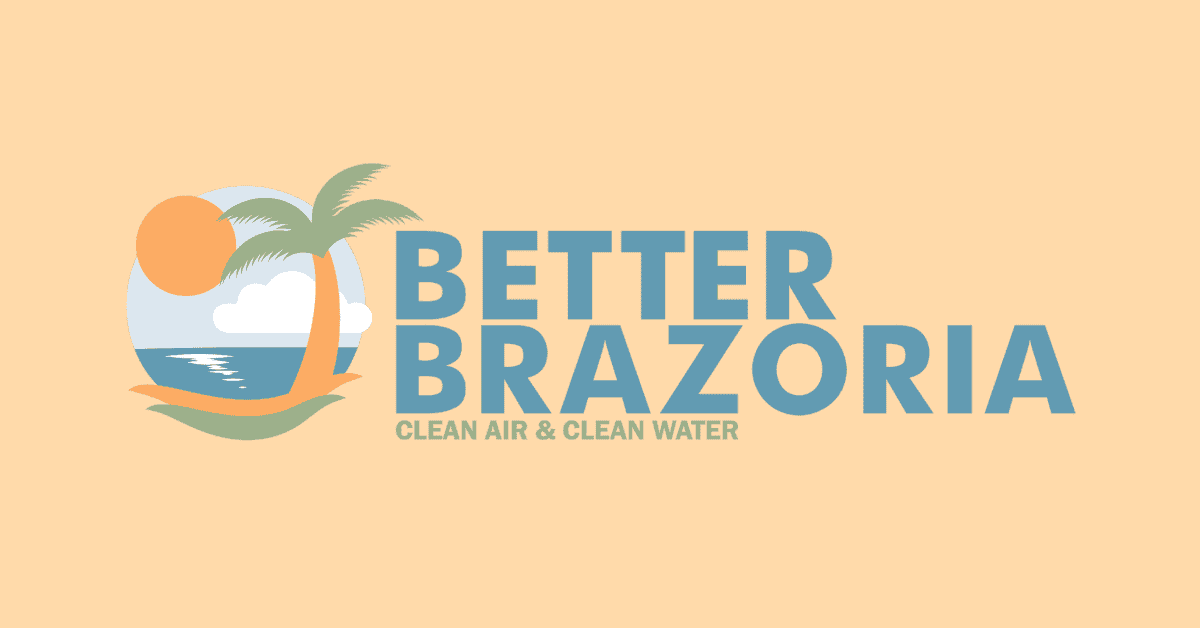
Better Brazoria: Clean Air & Water
Better Brazoria: Clean Air & Water supports residents of Brazoria County by watchdogging petrochemical companies trying to export liquid “natural” gas.
-
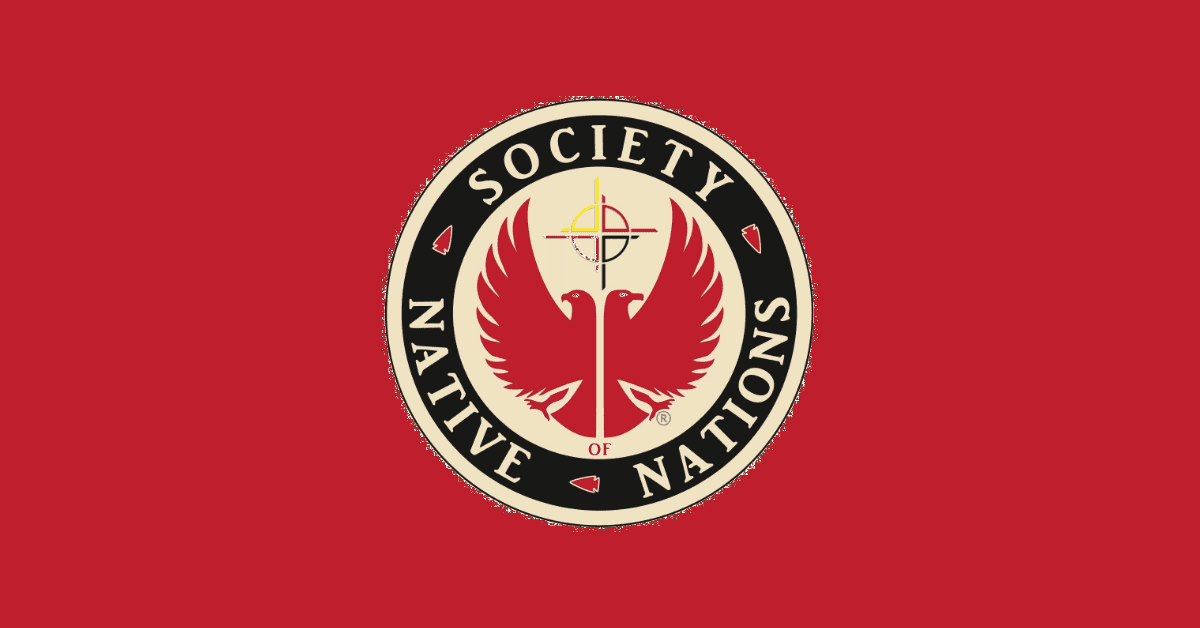
Society of Native Nations
SSN works to recognize the existence of Native peoples in Texas, and contest the petrochemical buildout from the Permian Basin to the Gulf Coast.
-
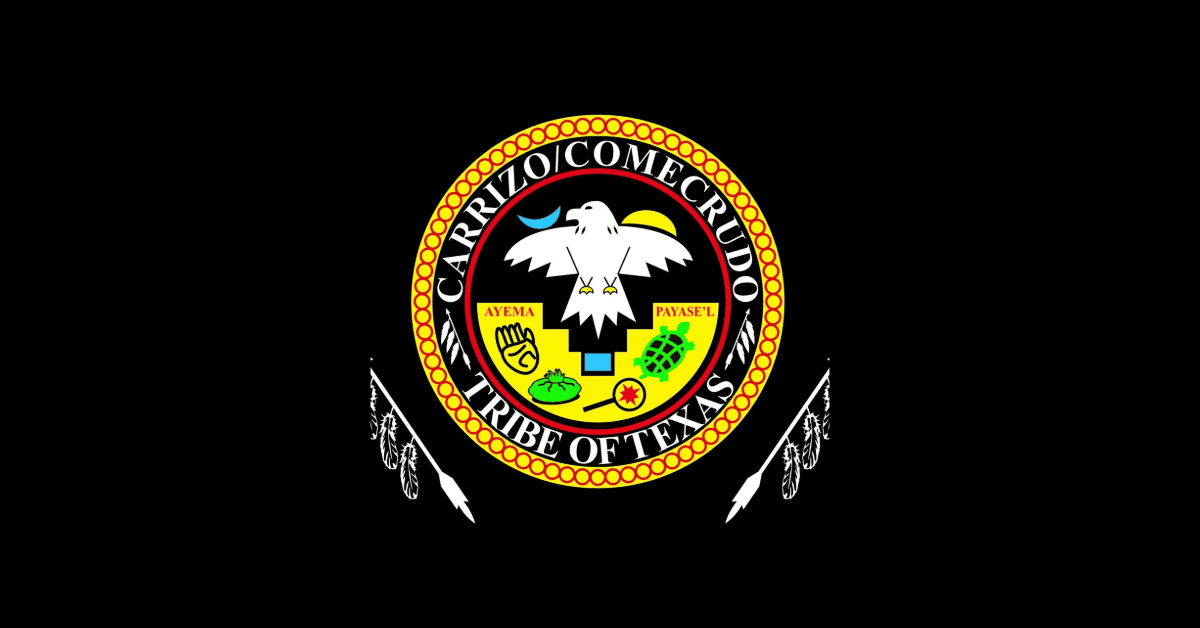
Carrizo Comecrudo Tribe of Texas
The Carrizo Comecrudo Tribe travels throughout Texas, monitoring pipelines, disposal wells, ongoing border wall construction, and fracking/flaring violations.
-

Rio Grande International Study Center
RGISC conducts independent research and community education to steward the environmental preservation and restoration of the Rio Grande Basin.

